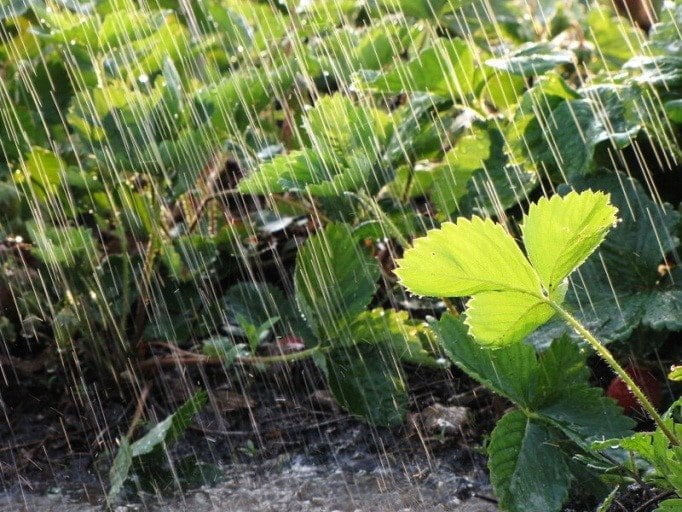Climate change is driving the migration of plant species worldwide, including in Türkiye, an expert has said, highlighting the need for farmers to adapt as studies are underway to cultivate a diverse range of distinctive plant species across the country’s various regions, Bazaartime informs.
The pattern of plant production should alter in response to climate change and different countries are employing various approaches to achieve this, Assistant Professor Sibel Day said.
Referring to the plants being migrated to other suitable regions across the country as a response to this joint issue, Day said, “For instance, plant species that are more resilient to drought could be relocated to arid regions. This would effectively facilitate plant migration.”
As for the seed germination, a specific temperature must be provided, the expert said, adding that due to the temperature variation at specific times of the year, it might get hard to maintain.
“We may need to adjust our planting dates forward or backward depending on the rain. All these factors must be considered,” she further explained.
Read also: Turkiye’s Fresh Fruit and Vegetable Exports Surge to $284 Million in May
“However, producers and farmers must adapt to these shifting climate conditions,” Day continued. “Fertilization is adversely affected, particularly because the plant’s blooming periods fall within periods of exceptionally high temperature. Simultaneously, as photosynthesis comes to a grinding halt, the severe temperatures may also lead to a reduction in plant productivity.”
“Especially now, we seem to be starting to experience weather conditions similar to a tropical climate,” she stated, referring to the significance of moving to alternative vegetation. “It is necessary to conduct research on this subject and to examine how plants cultivated in other nations might adapt to Türkiye.”
Particularly at this time of year, sunflowers struggle with diseases and growth damage from the heat at this time of year, according to Day.
“In addition, because they are grown in the same area, sunflowers are frequently exposed to pests and diseases. One possible solution to this is to grow alternative oil crops,” she added.
Day also emphasized the need for implementing promotional activities to raise awareness on the issue, alongside recommending specific alternative plant species to farmers,to prevent plant inefficiency.
Meanwhile, Professor Dr. Yusuf Demir from Ondokuz Mayıs University warned that regions other than the Black Sea are expected to see a 10 percent drop in Türkiye’s average annual rainfall by 2050.
The use of the site materials is free if there is a direct and open for search engines hyperlink to a specific publication of the East-Fruit.com website.




